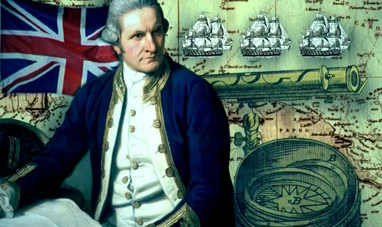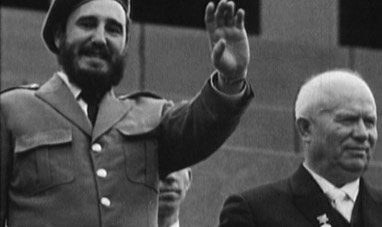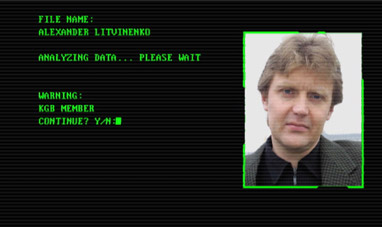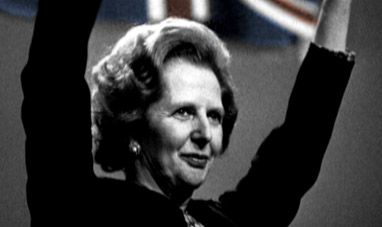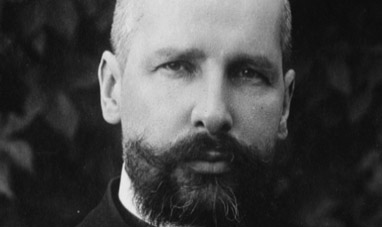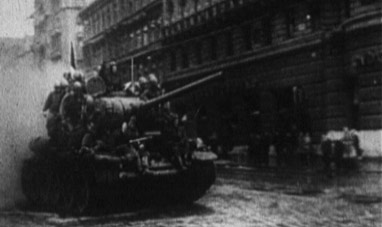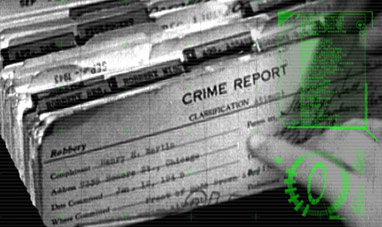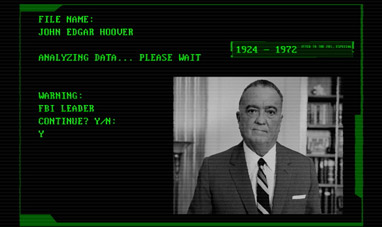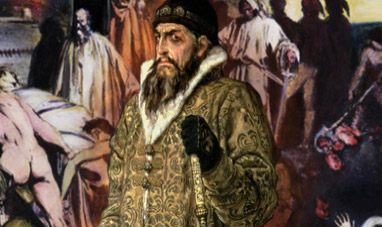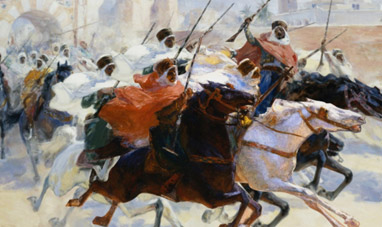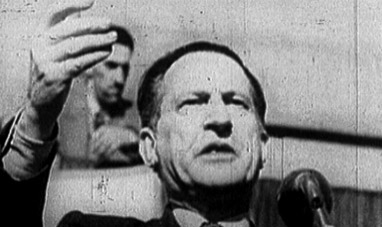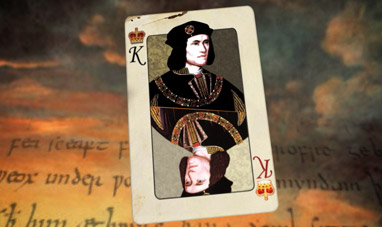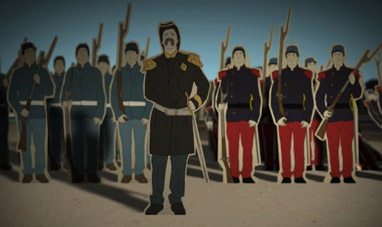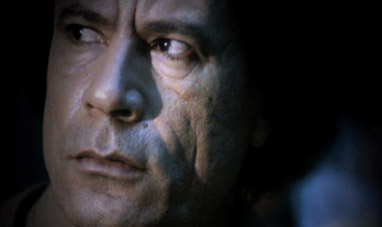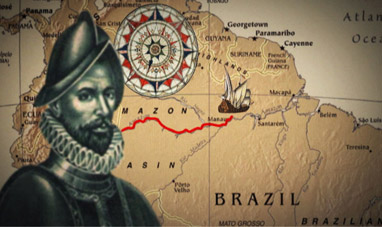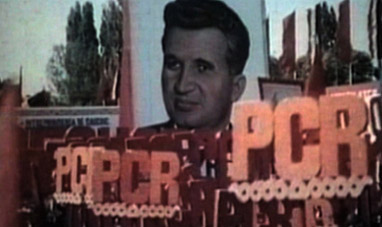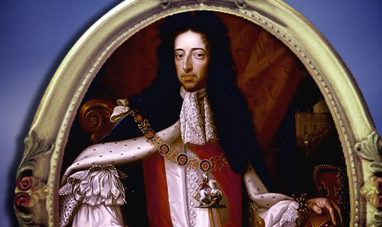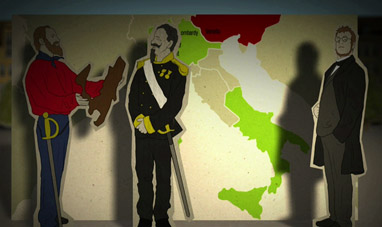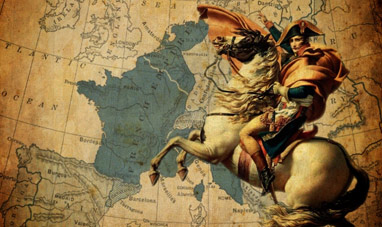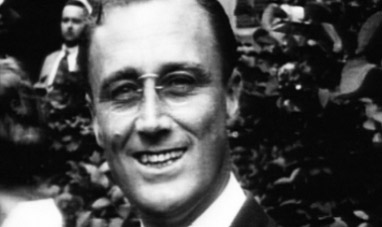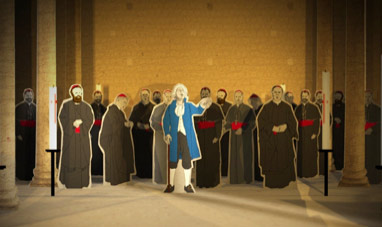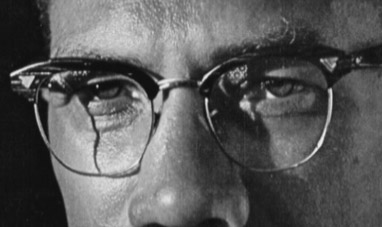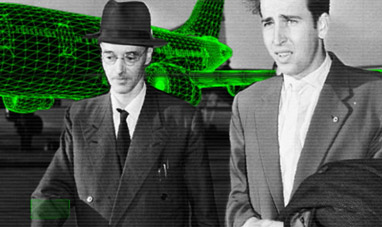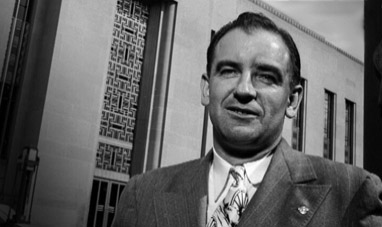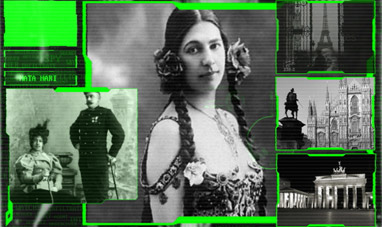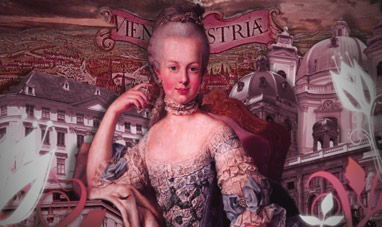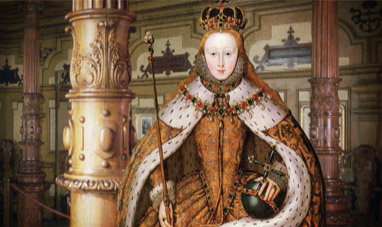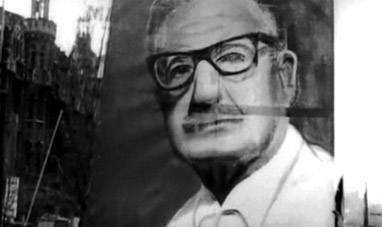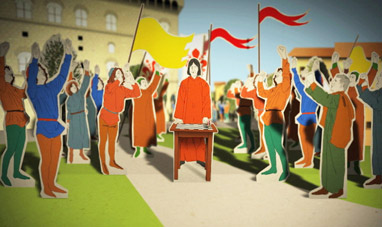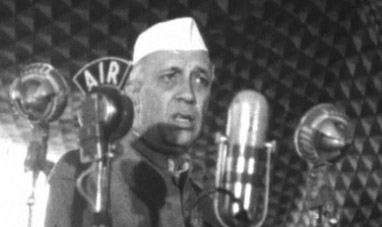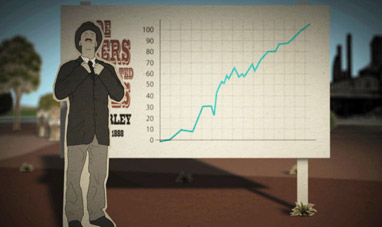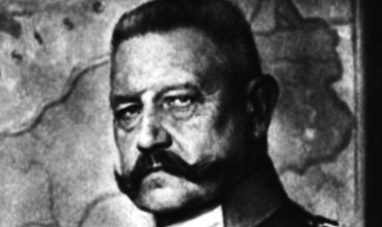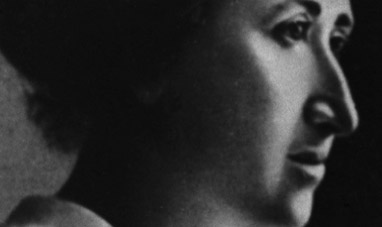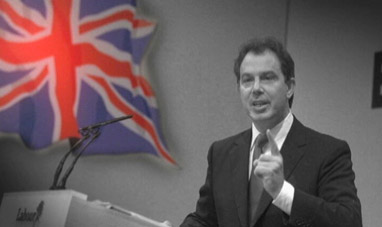Leonid Illych Brezhnev was a Russian statesman who ran the Soviet Union from 1964 to 1982.
Brezhnev was born into a working class family in Kamenskoye, in what is now Ukraine, on December 19, 1906.
At 25, Brezhnev joined the CPSU, the Communist Party of the Soviet Union, which had run Russia since the 1917 Bolshevik Revolution.
After graduating in metal engineering in 1935, Brezhev steadily rose through party ranks. In 1960, he was named President of the Supreme Soviet of the USSR, the country’s highest legislative body.
Only the party’s general secretary, Nikita Khrushchev, wielded more power.
After years of being loyal to Khrushchev, in 1964 Brezhnev conspired with other Communist leaders to force Khrushchev’s resignation. Brezhnev assumed leadership of the party and the Soviet Union on October 14, 1964.
At the time, the world was divided into two blocs, the Soviet Union and its Eastern European satellite allies, and the United States and its Western European allies. The Cold War kept the world in a state of constant tension starting from the end of World War Two.
In 1968, Brezhnev showed his hard-line tendencies by ordering the Red Army to stamp out the Prague Spring, a period of uprisings in Czechoslovakia, where Czechs wanted more freedom and autonomy from Moscow.
This invasion defined the Brezhnev Doctrine, which established that the Soviets had the right to send troops into allied states when domestic affairs threatened the integrity of the socialist bloc.
In his decades of leadership, Brezhnev systematically suppressed dissent, always remaining faithful to this doctrine.
His position toward the West, by contrast, was characterized by a policy of détente, which Khruschev had already set in motion. He held talks with West German Chancellor Willy Brandt, and restored broken ties with Yugoslavian leader Josip Broz Tito.
At the same time, he increased military spending. Larger investments in the military forced funding cuts in other parts of the economy. As a result, Brezhnev began negotiating for nuclear disarmament with the US.
He agreed to a first disarmament deal with US President Richard Nixon, followed by a second one with President Jimmy Carter.
The second agree was never implemented. On December 24, 1979, Brezhnev ordered the invasion of Afghanistan in support of the country’s emerging Communist government. Carter responded by repudiating the accord and boycotting the 1980 Moscow Olympics.
Brezhnev was the only Soviet leader to simultaneously hold the nation’s top three posts: head of state, head of the party, and head of the army. He died of a heart attack on November 10, 1982. He was 75. Brezhnev was succeeded by Yuri Andropov.
Brezhnev was born into a working class family in Kamenskoye, in what is now Ukraine, on December 19, 1906.
At 25, Brezhnev joined the CPSU, the Communist Party of the Soviet Union, which had run Russia since the 1917 Bolshevik Revolution.
After graduating in metal engineering in 1935, Brezhev steadily rose through party ranks. In 1960, he was named President of the Supreme Soviet of the USSR, the country’s highest legislative body.
Only the party’s general secretary, Nikita Khrushchev, wielded more power.
After years of being loyal to Khrushchev, in 1964 Brezhnev conspired with other Communist leaders to force Khrushchev’s resignation. Brezhnev assumed leadership of the party and the Soviet Union on October 14, 1964.
At the time, the world was divided into two blocs, the Soviet Union and its Eastern European satellite allies, and the United States and its Western European allies. The Cold War kept the world in a state of constant tension starting from the end of World War Two.
In 1968, Brezhnev showed his hard-line tendencies by ordering the Red Army to stamp out the Prague Spring, a period of uprisings in Czechoslovakia, where Czechs wanted more freedom and autonomy from Moscow.
This invasion defined the Brezhnev Doctrine, which established that the Soviets had the right to send troops into allied states when domestic affairs threatened the integrity of the socialist bloc.
In his decades of leadership, Brezhnev systematically suppressed dissent, always remaining faithful to this doctrine.
His position toward the West, by contrast, was characterized by a policy of détente, which Khruschev had already set in motion. He held talks with West German Chancellor Willy Brandt, and restored broken ties with Yugoslavian leader Josip Broz Tito.
At the same time, he increased military spending. Larger investments in the military forced funding cuts in other parts of the economy. As a result, Brezhnev began negotiating for nuclear disarmament with the US.
He agreed to a first disarmament deal with US President Richard Nixon, followed by a second one with President Jimmy Carter.
The second agree was never implemented. On December 24, 1979, Brezhnev ordered the invasion of Afghanistan in support of the country’s emerging Communist government. Carter responded by repudiating the accord and boycotting the 1980 Moscow Olympics.
Brezhnev was the only Soviet leader to simultaneously hold the nation’s top three posts: head of state, head of the party, and head of the army. He died of a heart attack on November 10, 1982. He was 75. Brezhnev was succeeded by Yuri Andropov.

